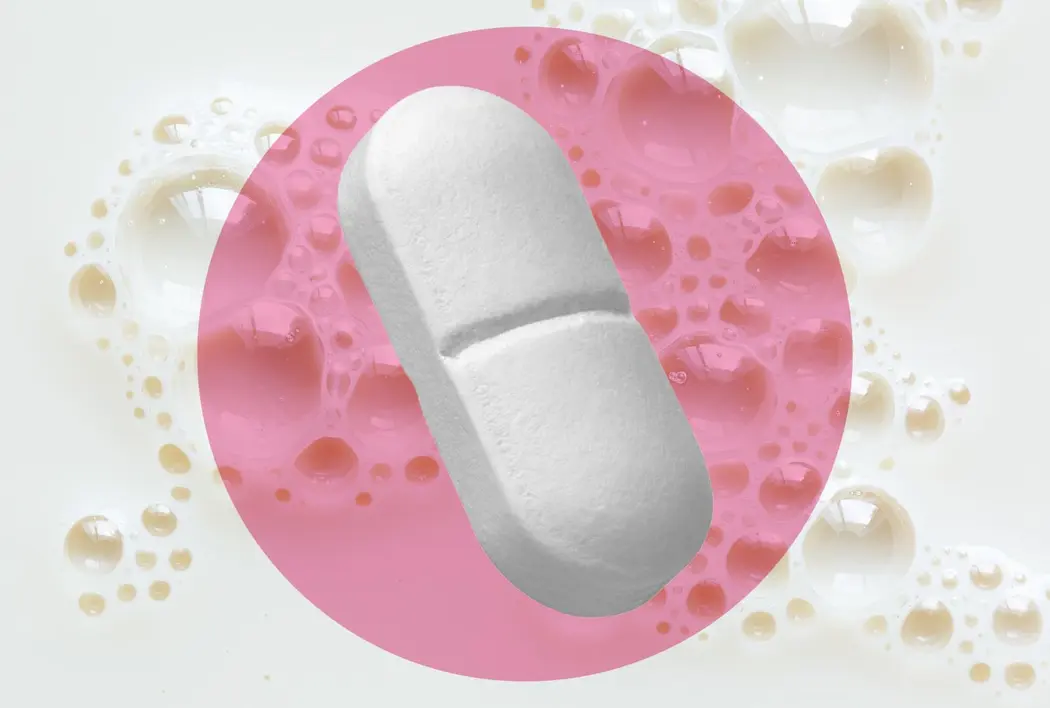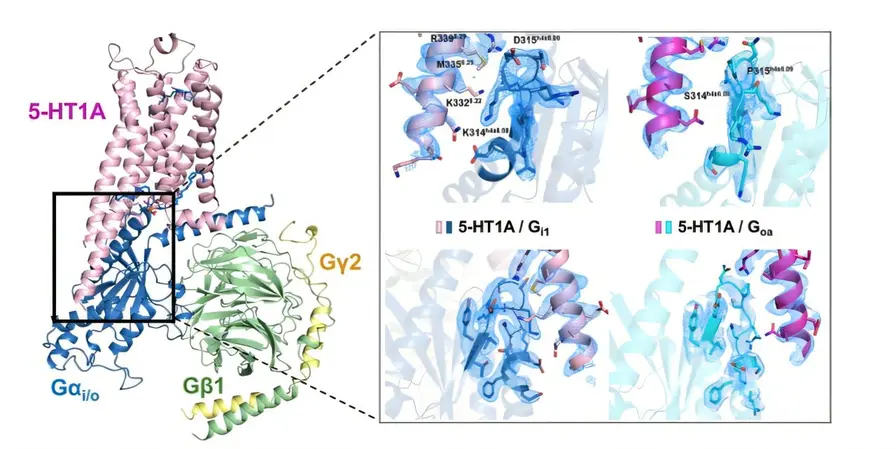T4K3.news
Medications and Dairy Can Interact
Certain medications should be taken with caution regarding dairy products to ensure effectiveness.

Certain medications interact negatively with dairy, affecting their effectiveness.
Medication Interactions with Dairy Require Careful Management
A range of common medications, including various antibiotics and treatments for thyroid issues or bipolar disorder, can have negative interactions with dairy products. Experts advise that the calcium in dairy can bind with some medications, reducing their effectiveness. For example, antibiotics such as tetracyclines and quinolones should not be consumed with dairy for optimal absorption. Levothyroxine and lithium also require careful timing with dairy consumption. Recommended practices include taking certain medications on an empty stomach or waiting several hours after taking the drug before consuming dairy. Health professionals emphasize that while adjustments are necessary, patients do not need to eliminate dairy from their diets entirely.
Key Takeaways
"The calcium in these foods can bind to some medications, making both the medication and the calcium unavailable."
Christine D. Sommer explains how dairy can impact medication absorption.
"Most of the time, it is possible to properly get the most benefit from your medication and still include dairy in your diet."
Christine D. Sommer provides reassurance about combining dairy with medications.
"Long-term use of lithium can potentially lead to a buildup of calcium in the body."
Toby Amidor warns about monitoring calcium intake while on lithium treatment.
The interaction between medications and dairy highlights a crucial aspect of patient care that is often overlooked. These interactions can lead to decreased medication effectiveness, which can be critical for patients managing chronic conditions. As the conversation around health continues to evolve, understanding how dietary choices impact medication efficacy should be part of broader health education. Physicians and pharmacists must work together to provide clear guidance, ensuring patients receive maximum benefit from their treatments while still enjoying the nutritional benefits of dairy. This is a reminder of the intricate relationship between food and medicine in our daily lives.
Highlights
- Dairy and medications require careful timing for best results.
- You don't have to eliminate dairy, just adjust your timing.
- Calcium in dairy can hinder medication absorption.
- Managing medication interactions is essential for effective treatment.
Potential Risks of Dairy and Medication Interactions
These interactions can lead to reduced effectiveness of medications, posing health risks for patients. Proper timing and consultation with healthcare professionals are crucial to avoid complications.
Awareness of these interactions can greatly enhance treatment outcomes for patients.
Enjoyed this? Let your friends know!
Related News

Health tips and regulation update

NAD Plus Supplements Gain Popularity

Gut health alert 11 foods tied to diarrhea

New findings on serotonin receptor could reshape mental health treatments

Dairy intolerance may lead to night terrors

Seven supplements to avoid in hot weather

Tourist hits $21K medical bill after bat encounter

Tragic loss highlights food allergy risks for travelers
